About The Author
Mont Sky®
Your home may be your most valuable asset, so why settle when it comes to your real estate agent? Founded by former investment banking professionals, Mont Sky® brokers and agents come with deep industry experience in fields as varied as leveraged finance, institutional sales and real estate law.
Related Posts
Unveiling the Difference Between a Real Estate Salesperson and Broker in NYC
By
Mont Sky®
/ December 19, 2023
Commission Disbursement Authorization: NYC Real Estate Explained
By
Editorial Team
/ February 2, 2024






